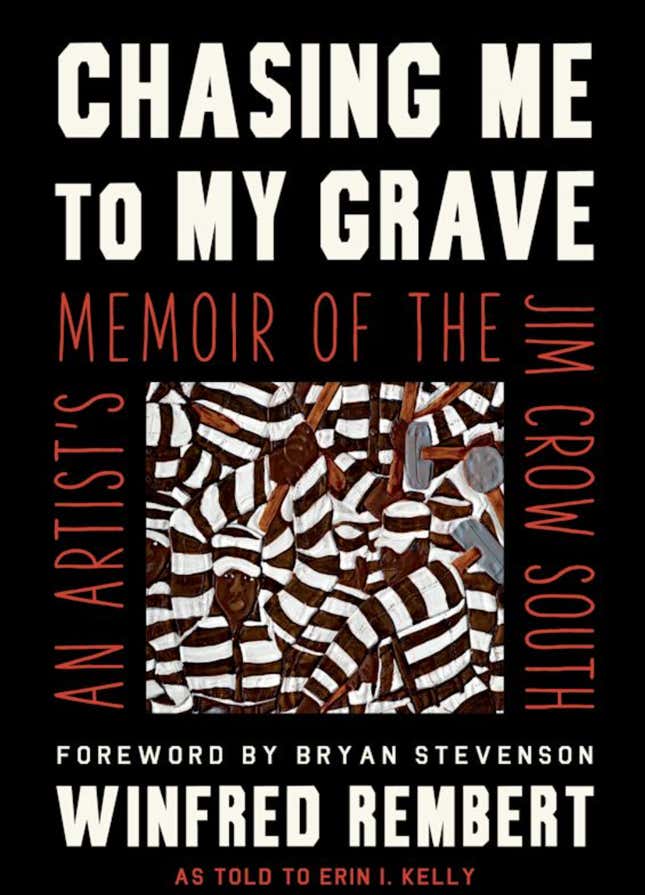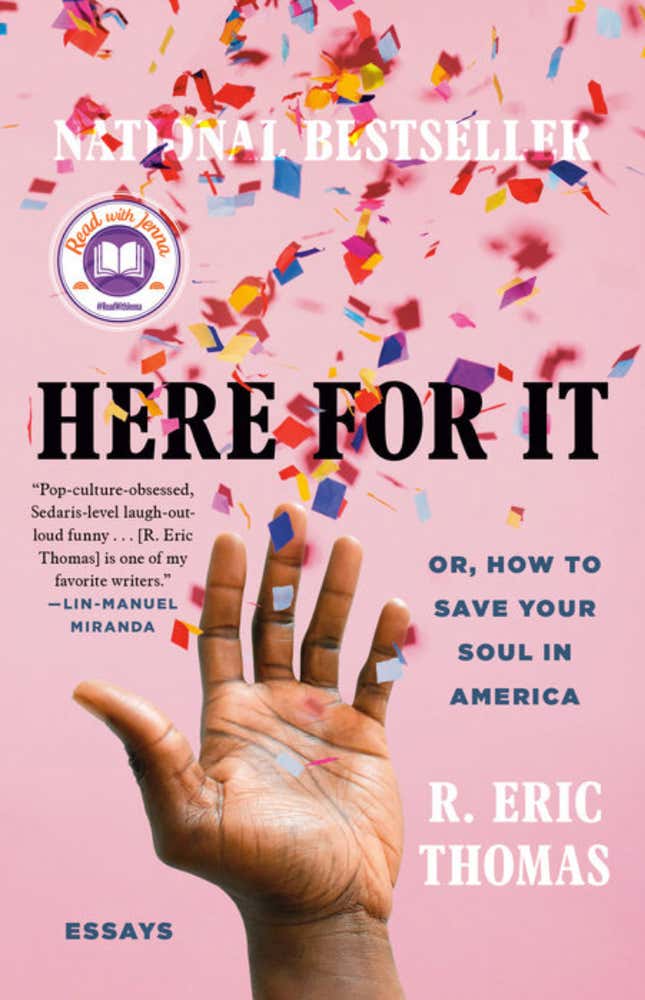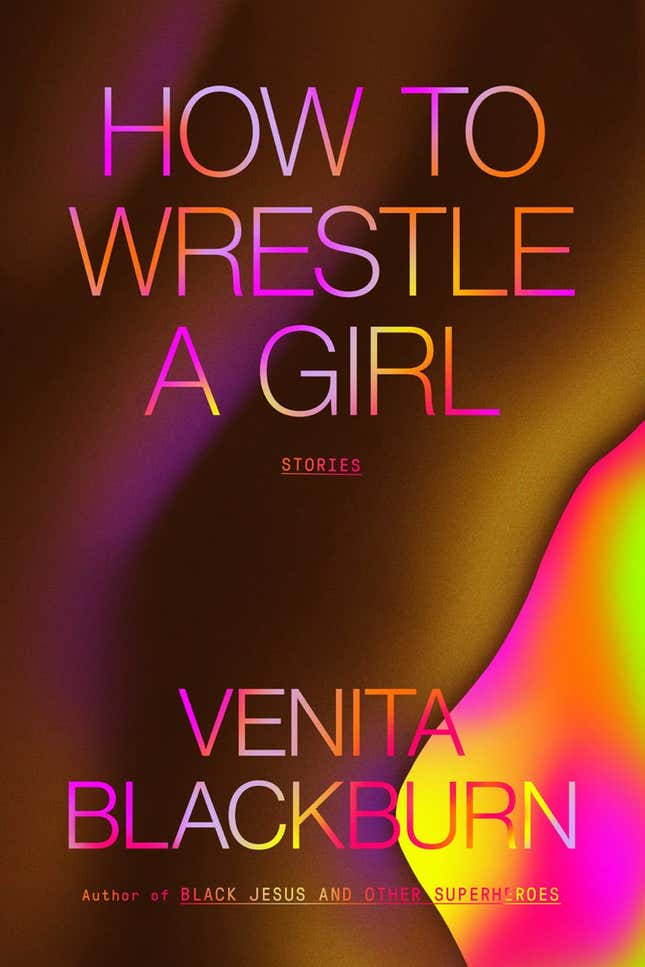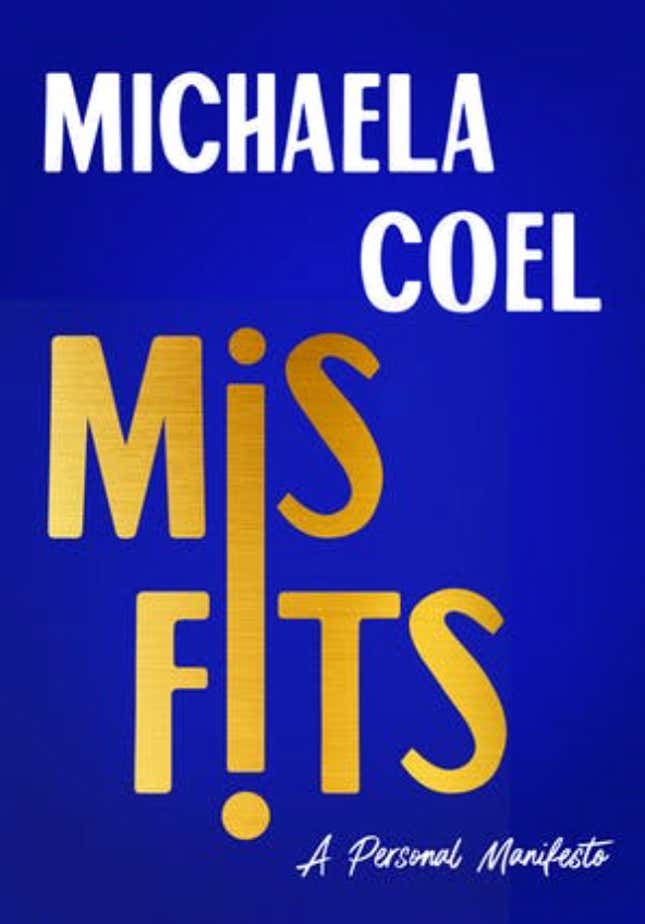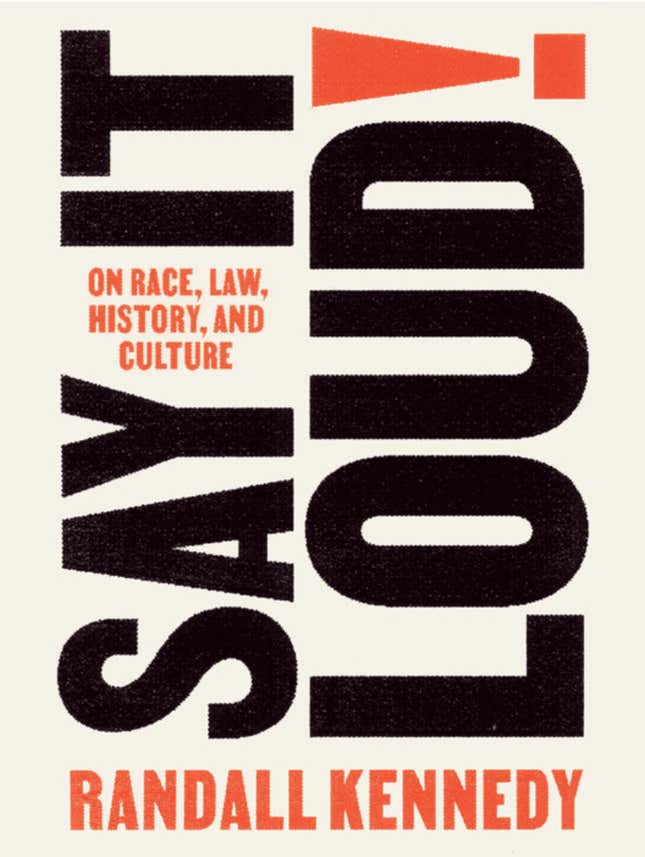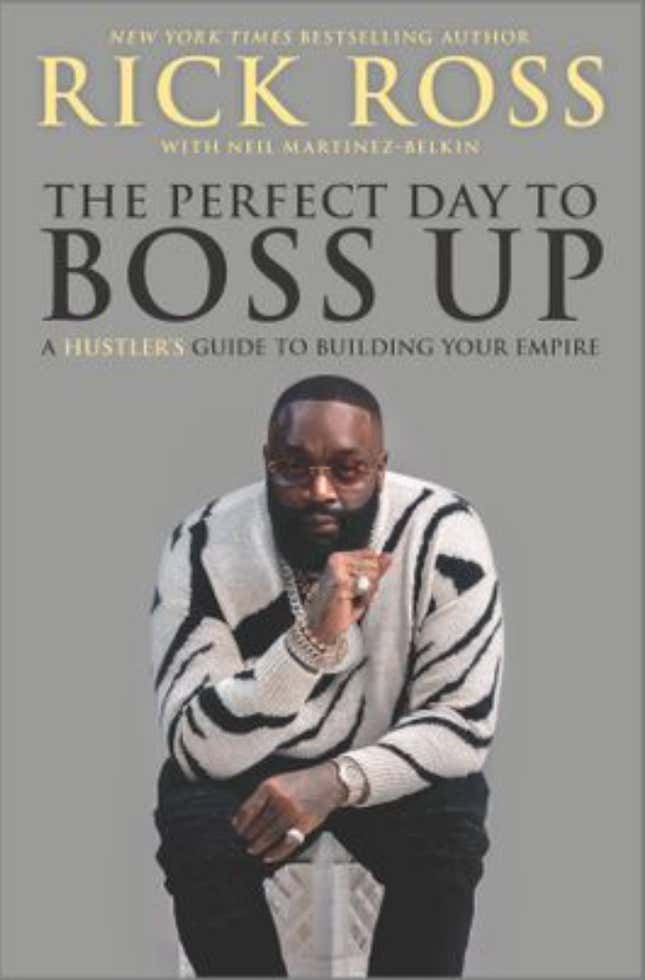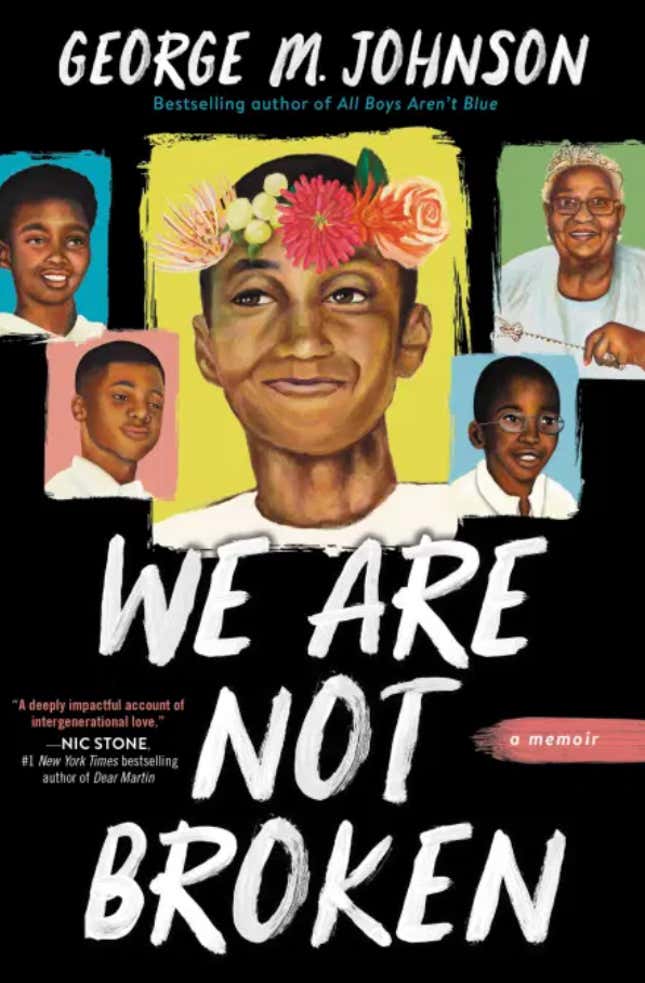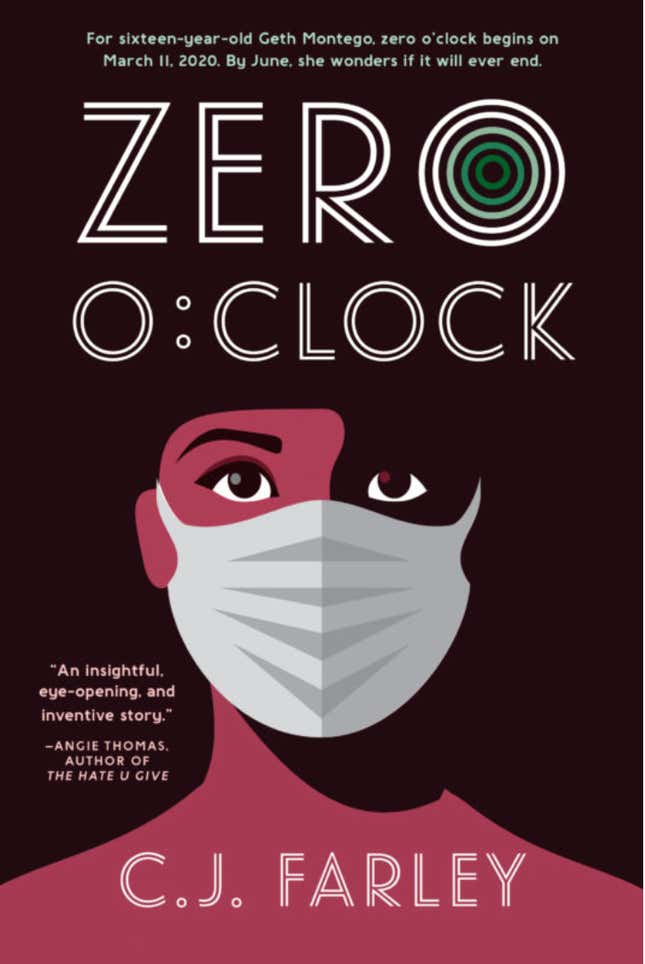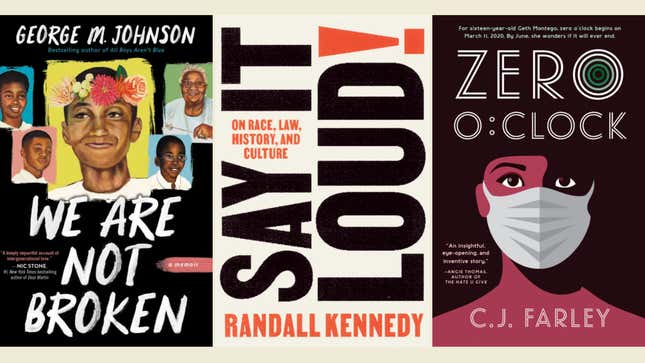
Everyone should go check on their favorite authors because it seems a lot of them are either in their bag or trying to secure it.
I mean seriously, this week alone, we have authors depicting students selling their skin for food processing and Rick Ross teaching readers how to boss up. I mean, sure, we’re all wondering who Rick’s target audience with this book is, but they exist anyway—and to be perfectly honest, I’d check in on them as well.
The authors from last week were a whole mood—in the sense of, “summer is over, here are some moody fall reads as you transition out of the warm weather and sunshine.” But this week, the authors come in and *bam!* drop a bombshell of literary trauma on readers with absolutely no apology.
Nor should they be apologetic.
George M. Johnson’s second memoir, We Are Not Broken is the alternately heartwarming and heart-wrenching story of the 2020 The Root 100 honoree and their three brotherly cousins, fiercely loving grandmother and George’s coming to terms with their gender identity. Recently excerpted by The Root, it’s the perfect prequel to Johnson’s bestselling debut, All Boys Aren’t Blue. Chasing Me to My Grave: An Artist’s Memoir of the Jim Crow South by Winfred Rembert follows his story as a teenager in the Civil Rights Movement, his escape from near-lynching and how turning to art in his fifties has helped him cope with trauma.
Don’t worry, there are fictional trauma surprises up some authors’ sleeves, too. Remember when New Rochelle was frantically sanitizing office buildings and rapidly shutting things down in the beginning of 2020? Well, Geth remembers, as her character dealt with being a senior in high school in the first New York town COVID raged through in Zero O’Clock by Christopher John Farley. And as mentioned above, another bunch of angst-ridden teenagers begin harvesting their own excess skin for food processing for some extra cash in Venita Blackburn’s, How to Wrestle a Girl: Stories.
I’m here for the existential drama and trauma that authors bring to the table each week, especially this week. It shows how important and how effective a tool writing is for working through things and finding a group of people who are supportive.


